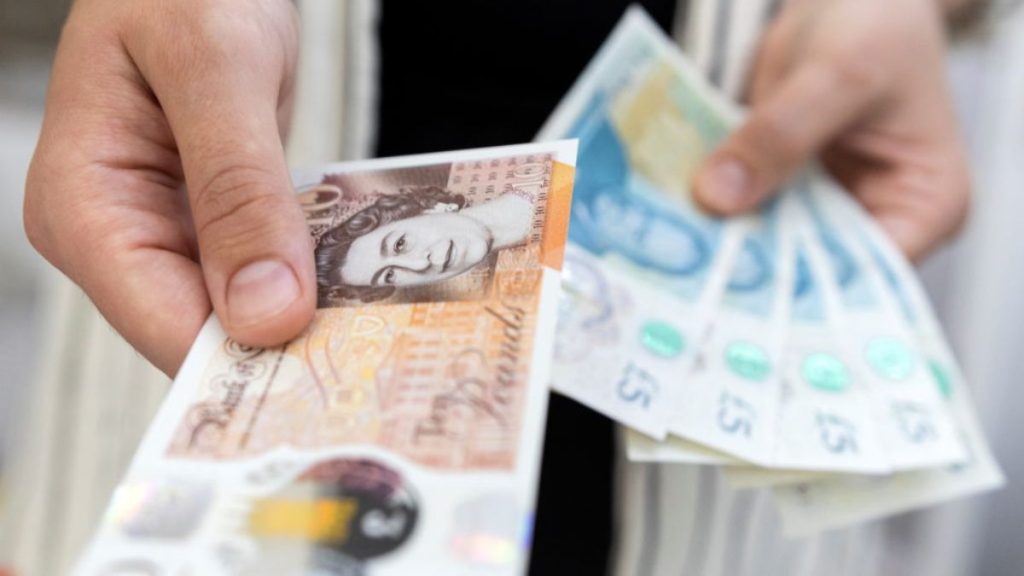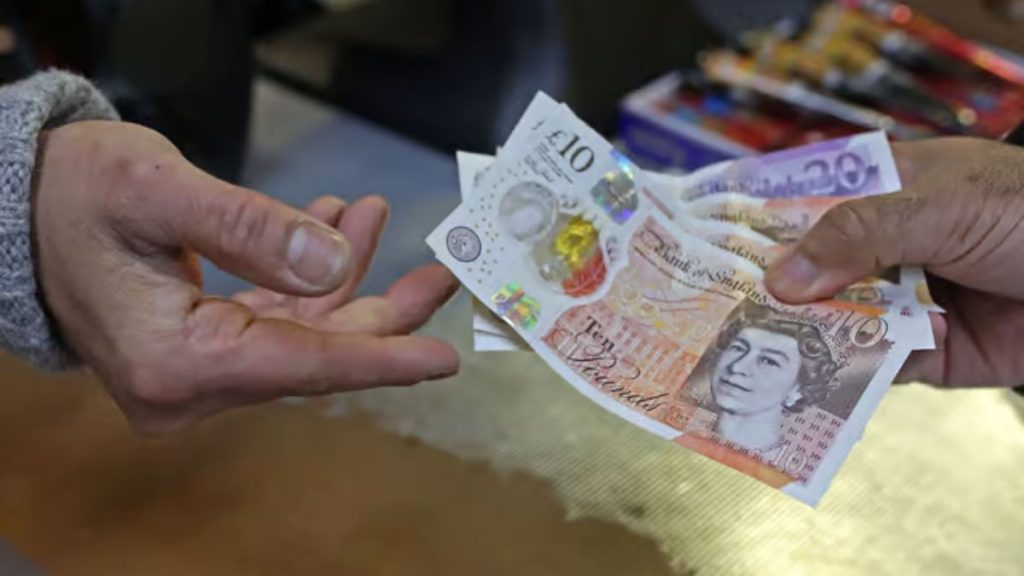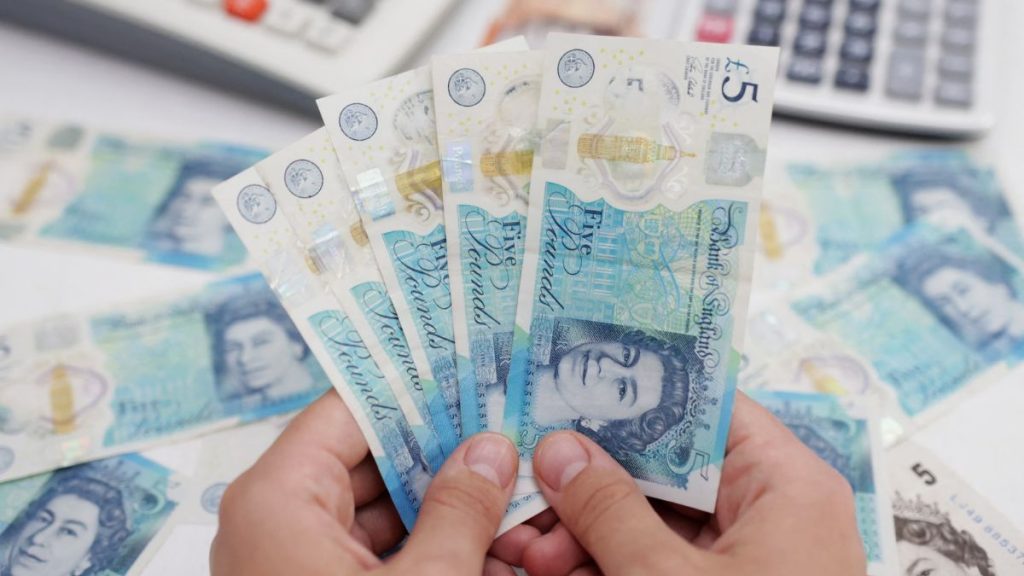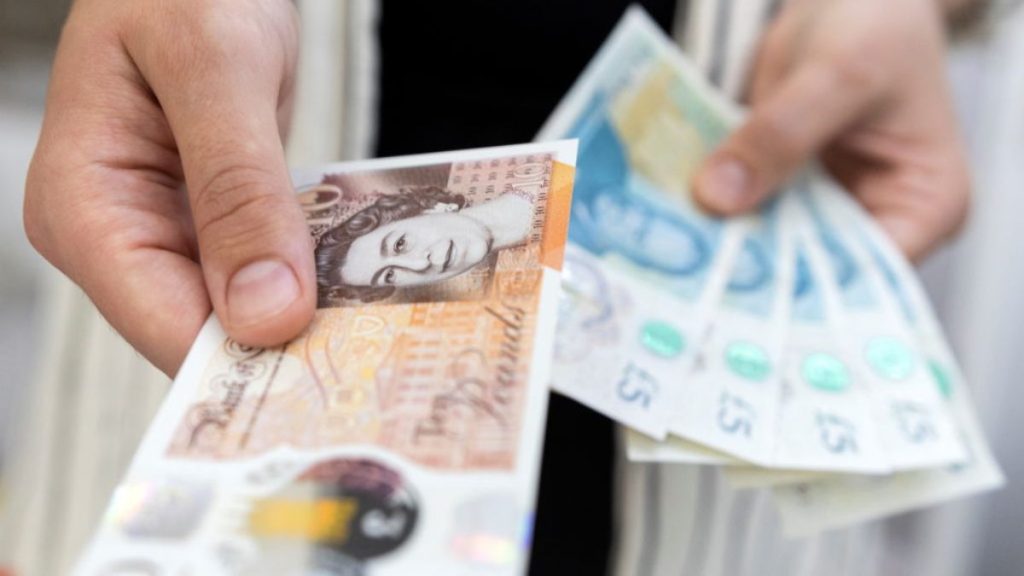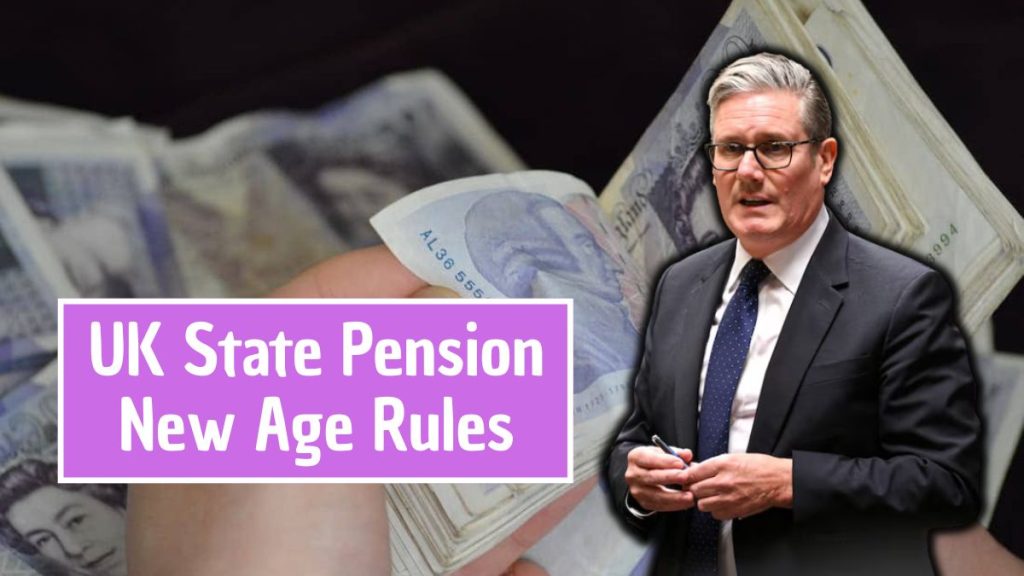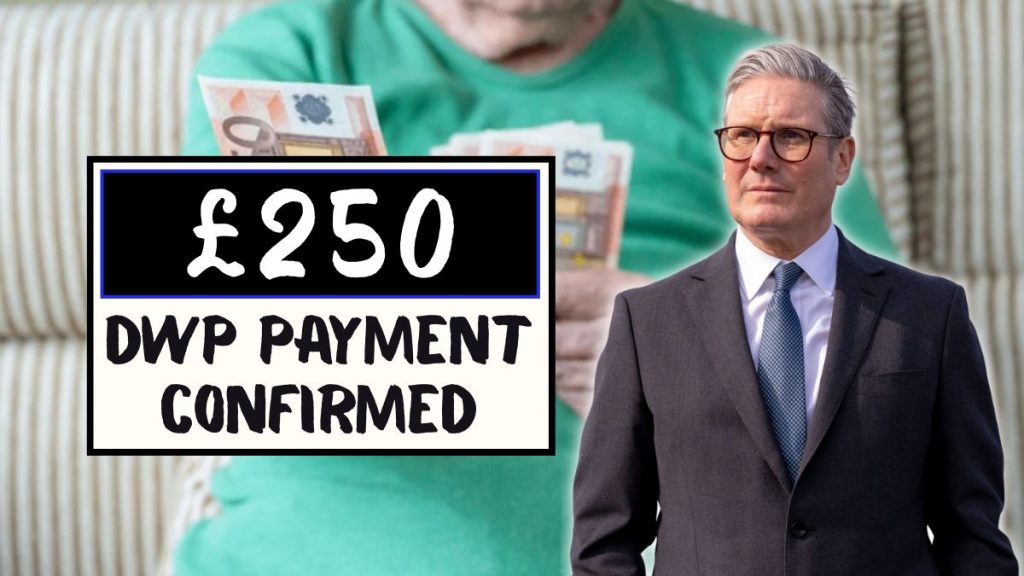If you’ve been scrolling through the headlines lately, you may have seen talk about a DWP £250 Support Payment for UK Families. For households already juggling rising grocery bills, soaring energy prices, and tight paychecks, the idea of an extra £250 sounds like a welcome lifeline. But here’s the truth—the payment has not yet been officially confirmed.
This article breaks down everything you need to know: the origins of the rumour, how such payments have worked in the past, who might qualify if it’s introduced, and why families should stay alert but cautious.
What Is the DWP £250 Support Payment?
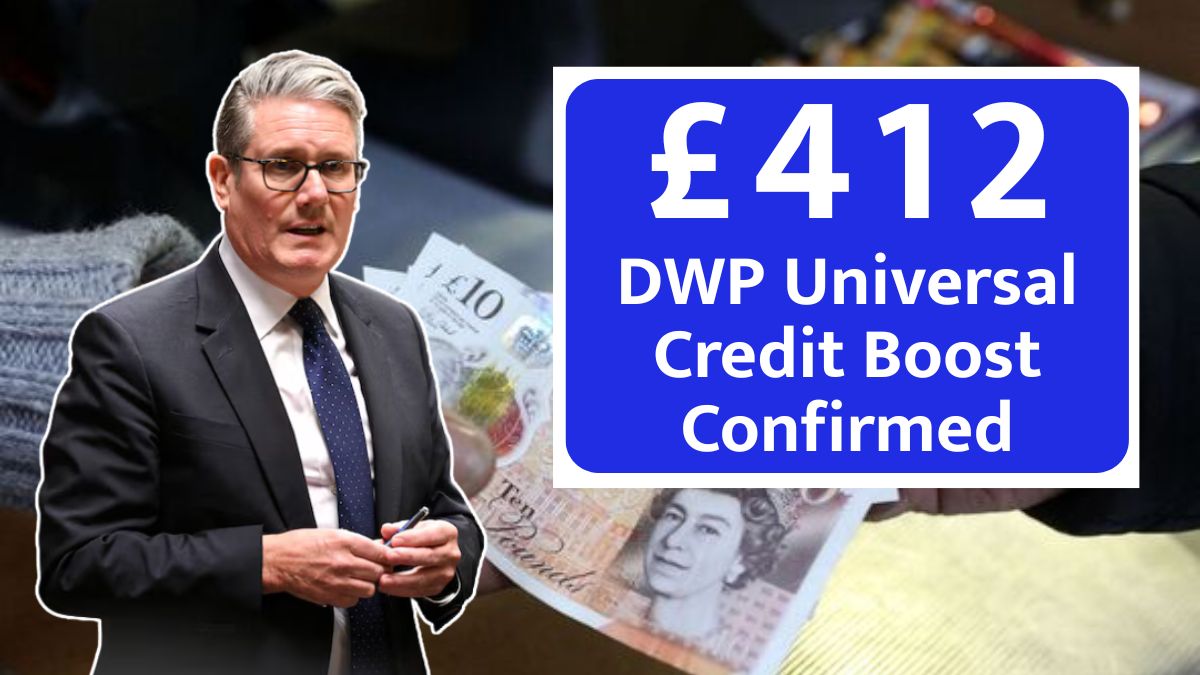
The buzz about a £250 payment comes from reports and speculation online suggesting that the Department for Work and Pensions (DWP) may issue a one-off Cost of Living-style payment in late 2025.
However, the government has not made an official announcement. As of now, the GOV.UK Cost of Living guidance clearly states that “no further payments are planned after those already scheduled.”
That means households should treat the £250 payment as a rumour, not a guarantee.
Why Families Are Hoping for This Payment
2025 has been a tough year for UK families. According to the Office for National Statistics (ONS), food inflation remained at 7.5% earlier this year, and many households are still struggling with high fuel and energy costs.
An additional £250 would cover:
- Several weeks of groceries
- A month’s utility bills
- School uniforms or transport expenses
For low-income families, such support isn’t just helpful—it can be the difference between staying afloat and falling deeper into financial strain.
What the DWP Has Said
The last confirmed Cost of Living payments ended in early 2024, with no new ones officially planned. Still, governments have been known to reverse course under public pressure or economic crisis.
For example, in the U.S., stimulus checks were introduced unexpectedly during the pandemic. Similarly, the UK could pivot if inflation, energy prices, or political factors push the need for fresh relief.
A Look Back: Past Cost of Living Payments
Here’s how the DWP rolled out past payments:
- July 2022 – £650 for low-income households (split into two instalments)
- November 2022 – £300 Pensioner Payment
- Spring 2023 – £301 for qualifying claimants
- Summer 2023 – £150 Disability Payment
- Autumn 2023 – £300 for means-tested households
- Early 2024 – Final £299 Cost of Living Payment
Each payment provided temporary relief, but they were not long-term solutions.
Regional Differences in Benefits
Support payments can vary slightly depending on where you live in the UK:
- Scotland – Offers its own supports, such as the Scottish Child Payment (£26.70 per week per child).
- Northern Ireland – Usually pays slightly later due to separate administration.
- England and Wales – Follow the standard DWP schedule, though local councils may offer extra top-ups.
Who Would Likely Qualify for £250 Support?
If the DWP £250 support payment becomes reality, it will probably follow the same eligibility rules as past Cost of Living payments, including:
- Universal Credit recipients
- Pension Credit claimants
- Income-based Jobseeker’s Allowance (JSA)
- Income-related Employment and Support Allowance (ESA)
- Income Support claimants
- Working Tax Credit and Child Tax Credit households
Important: If your benefits were reduced to £0 during the qualifying period (a “nil award”), you likely would not receive the payment.
How the Payment Would Be Made
Based on past models, payments would likely be:
- Automatic – No need to apply.
- Paid directly into your usual bank account.
- Non-taxable – Won’t affect other benefits or your tax bill.
When Could It Arrive?
If announced, the earliest window would be Fall or Winter 2025, with payments possibly issued between November 2025 and early 2026. The DWP typically gives:
- Announcement – A few months in advance.
- Qualifying period – A set week to meet benefit conditions.
- Payment window – Usually within 2–3 weeks after the qualifying period.
Case Study: How Families Use These Payments
Take the Johnson family in Birmingham, living on Universal Credit. If they received £250, it could be broken down like this:
- £100 → Weekly food shop for two to three weeks.
- £60 → Utility bills.
- £40 → School supplies and clothing.
- £50 → Savings for emergencies like car repairs.
This example shows how far a one-off payment can stretch, though it doesn’t solve long-term challenges.
Expert Opinions
Economists call these payments “short-term fixes”. They provide temporary relief but don’t address deeper issues like housing costs, stagnant wages, and childcare expenses.
The Joseph Rowntree Foundation reports that 14 million people in the UK live in poverty, including 4.3 million children. Charities argue for longer-term reforms, such as:
- Increasing benefits in line with inflation
- Expanding free school meals
- Freezing rent hikes
- Improving childcare subsidies
Alternatives If £250 Support Doesn’t Happen
Even if the rumoured £250 payment never arrives, families may still qualify for:
- Winter Fuel Payments (£100–£300 for seniors)
- Household Support Fund (council-administered help with essentials)
- Scottish Child Payment
- Free school meals in certain regions
Tips: How to Stretch £250 if It Arrives
- Prioritize essentials – Cover food, energy, and transport first.
- Tackle debt – Even small payments reduce high-interest costs.
- Build a small emergency fund – Save £30–£50 if possible.
- Buy in bulk – Staple items like rice and pasta save money long-term.
- Seek community help – Food banks, charity shops, and school uniform swaps cut costs further.
FAQs – DWP £250 Family Support
Q1. Has the DWP confirmed the £250 payment for UK families?
No. The payment is still unconfirmed as of now, though speculation continues.
Q2. Who would qualify if the payment is introduced?
Most likely, families on Universal Credit, Pension Credit, JSA, ESA, or Tax Credits.
Q3. When could payments be made?
If announced, expect a Fall/Winter 2025 payment window, with details confirmed by the DWP.
Q4. Do families need to apply?
No. Like past payments, it would likely be automatic.
Q5. Will this affect taxes or other benefits?
No. Payments are non-taxable and don’t reduce other benefits.









